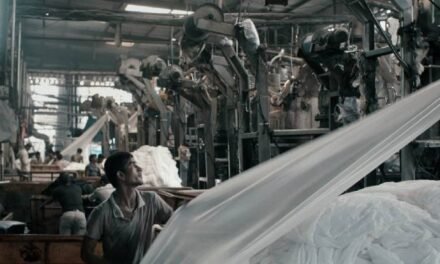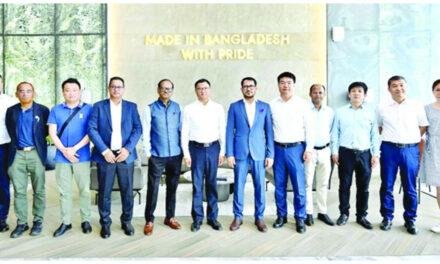International non-governmental organisation (NGO) WaterAid has joined Gap Inc., and USAID’s (the United States Agency for International Development) Women + Water Global Development Alliance (W+W Alliance) as an implementing partner. The Alliance, a five-year project forged in 2017, aims to improve and sustain the health and well-being of women working in the apparel industries of developing countries, first focused on India. Women make up approximately 80 percent of garment workers globally, with a large majority based in developing manufacturing nations which face challenges meeting the health and economic demands of their populations.
WaterAid joins the anti-slavery CARE initiative, Water.org and the Institute for Sustainable Communities (ISC) in encouraging the implementation of these practices which anchors on improving access to clean water across these regions.
With textile production accountable for a large proportion of the freshwater pollution present in manufacturing hotspots across Asia and the Middle East, Gap Inc., and USAID’s work hones in on the subsequent ramifications these effects have had on the lives of female garment workers.
“Women and girls collectively spend more than 150 mn hours collecting water and face serious health risks due to inadequate access to safe drinking water and sanitation facilities, and poor understanding of healthy hygiene practices,” the W+W Alliance cites. “Addressing these issues provides an opportunity to strengthen women’s lives.”
Joining its collective of implementing partners – which serve to ramp up the work of the Alliance – WaterAid has operated for nearly 40 years with the mission statement of providing access to fresh water in deprived countries. In the timeframe, the NGO claims it has reached 27 mn people with clean water.
“WaterAid is a great addition to our W+W Alliance work in India, given their strengths in working both at the community and policy levels,” commented Ella Lazarte, Sr. Water and Sanitation Advisor at USAID. “We see them as a critical partner in cementing the gains through the W+W’s existing work on women’s empowerment, access to finance and water stewardship.”
The W+W Alliance’s approach to catalysing change is three-pronged, and is systems-based approach, gender-sensitive and both adaptive and flexible. With regards to the former, the Alliance says it understands that a variety of interdependent factors can influence the prosperity of an organisation or community, and recognises that it must be versatile to drive sustainable improvements.






















